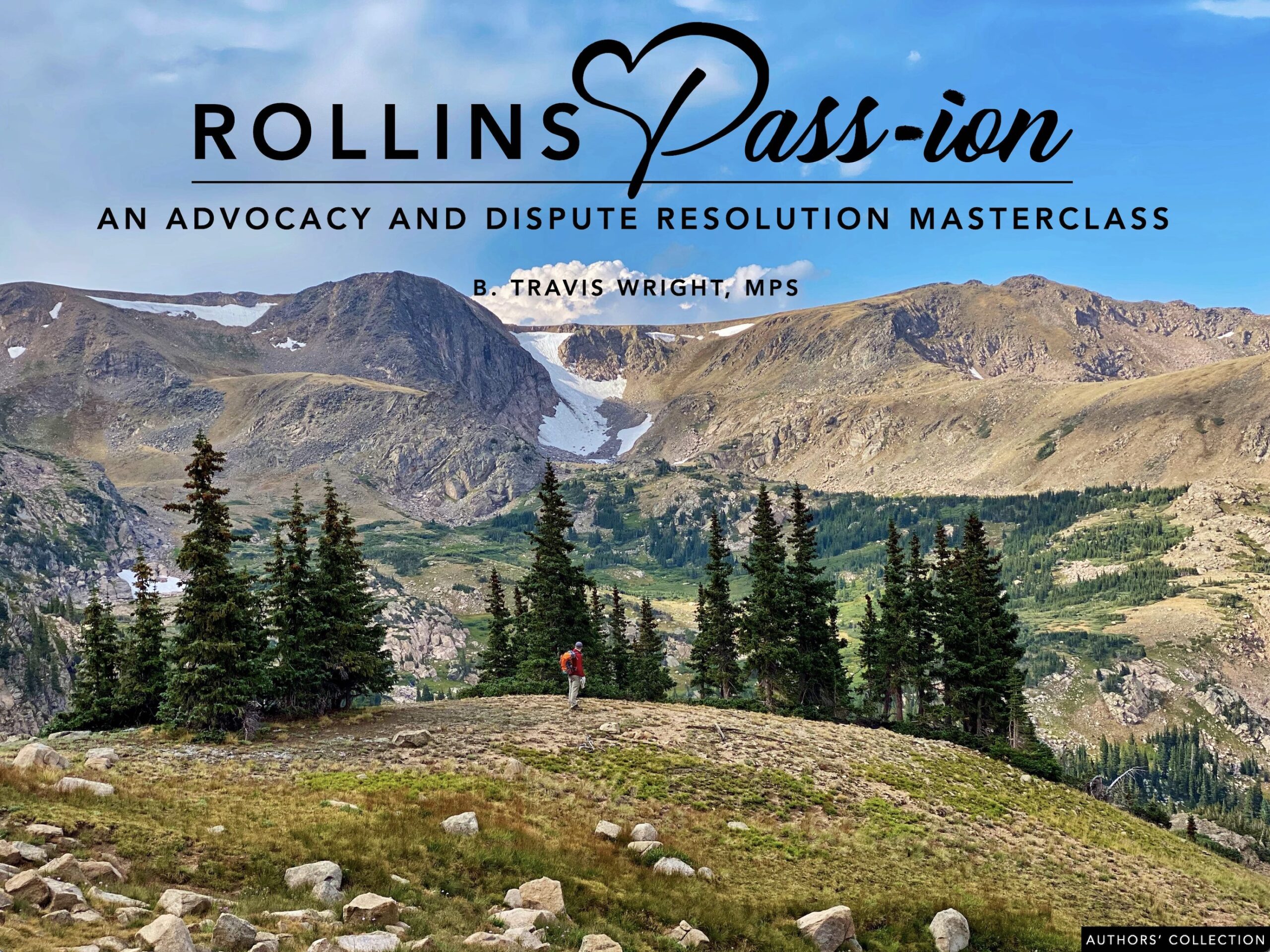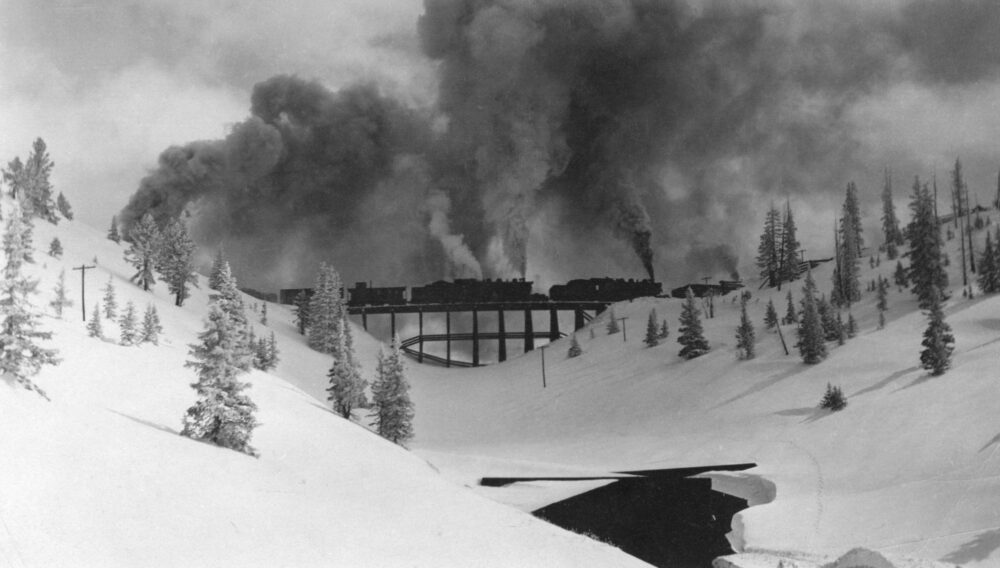Rollins Pass-ion
Rollins Pass-ion: An advocacy and dispute resolution masterclass by B. Travis Wright, MPS
As presented at the Saving Places 2022 Conference and available on-demand

FEATURED ATTENDEE COMMENT
“Travis is a wonderful and inspiring presenter. Travis offered very great, helpful, clear steps to take in improving communication in difficult situations. This will be useful in lots of scenarios to do with current preservation projects.”
ABOUT THE PRESENTATION
Rollins Pass, located in the Southern Rocky Mountains of north-central Colorado, holds 12,000 years of history. In 2012, the area was listed as one of Colorado’s Most Endangered Places, yet new challenges continue to threaten the integrity of this complex cultural resource. This session examines how advocacy—delivered through breathtaking videography/photography, powerful presentations, and alternative dispute resolution—culminated in the collapse of significant threats to the area, including a proposed federal land exchange involving Rollins Pass. Participants will learn how alternative dispute resolution techniques are useful to not only collapse land exchanges but also how best to work with elected officials and land managers on other projects across the United States.
ABOUT THE SPEAKER
As a published historian, public speaker, president of the board of four museums, and historic preservation commissioner, B. Travis Wright applies more than a decade of field knowledge to advocate for historic preservation across Colorado. After graduating summa cum laude from the University of Denver, he received a master’s degree with a concentration in alternative dispute resolution—helping to facilitate deliberative engagement methods designed to bring out the best in elected officials and volunteers while elevating community decision making processes.
The primary purpose of our work is to inform the public.

